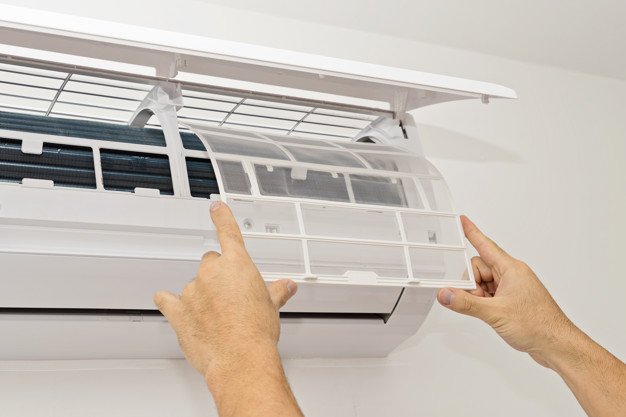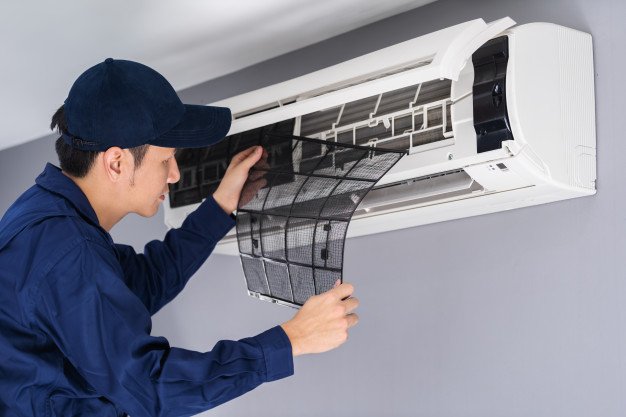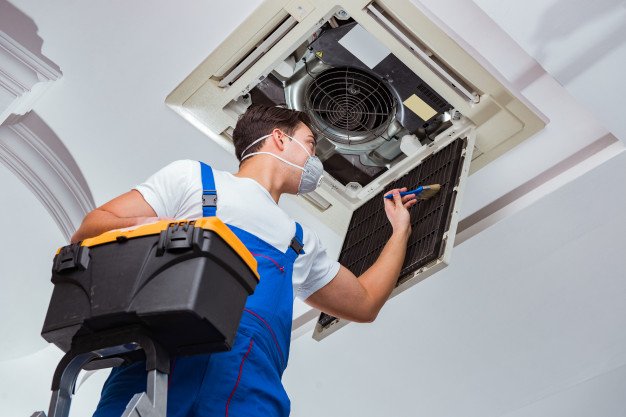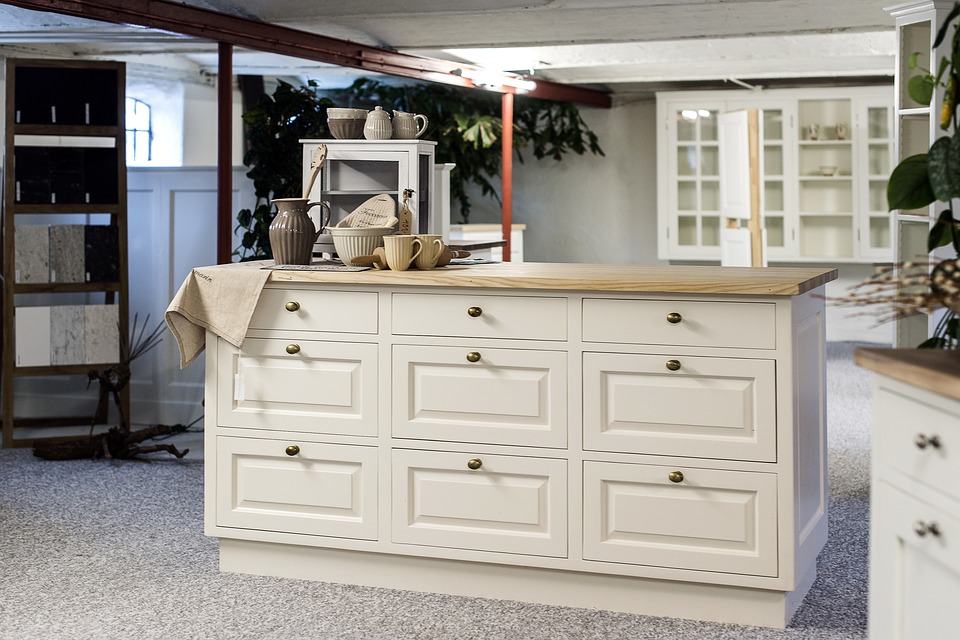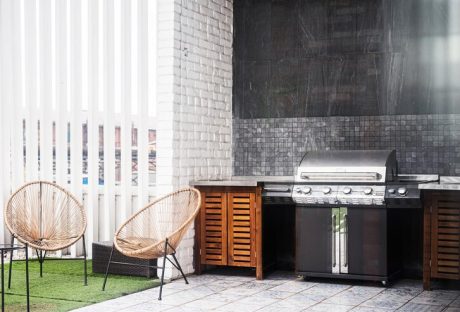Air conditioner removal can be difficult at first. While they look like simple appliances, they are complex and can be difficult to repair on your own. Most of the time, you’ll need professional assistance to ensure that it’s installed the right way. If you do not install or change a mechanism in the right way, it may lead to serious impairment and might destroy the product forever.
Air conditioning units can be expensive, but provide cool air and comfort to your home. Since they can get destroyed quickly, it’s your job to ensure that your A/C’s filters are maintained. And we’ll show you how to replace them in this guide. It is also important to note that you will not be able to ask an expert to come to your home at all times. Besides the routine servicing, which stretches to three or four times, you might need to so some of the regular maintenance work. In this article, we will help you discuss some of the basics of taking care of your air conditioner.
Should I Buy or Rent an Air Conditioner:
The most important decision you can make before buying an A/C unit is either renting and buying it. Some individuals prefer the hassle-free benefit of renting. While more established homeowners would rather own their air conditioners and don’t mind the costs or accountability associated with it.
If you are someone who is shifting to a new location just for a few months, it is ideal for you to rent an air conditioner. Many professionals who work in short stints as consultants or on projects for different MNCs. They are often stationed somewhere for not more than a year. Once the project is over, they pack their bags and leave for a new location. For such individuals renting an air conditioner makes much more sense than buying a new unit altogether.
| Renting | Buying |
| You can get government main-in rebates without the upfront costs. | There are some promotions available when you buy your cooling equipment. |
| Renting means you don’t have to worry about your family’s comfort. | Like rentals, you can get government incentives and mail-in rebates. |
| This convenient, hassle-free option can give you a piece of mind | Buying is a great option for homeowners. If you’re thinking about buying an air conditioner, here’s something you should think about: While the A/C unit has a higher upfront cost, you’ll have complete ownership over your equipment. |
| The only cost you need to worry about is the monthly rent. | You can purchase a protection plan to pay for unexpected repair and maintenance costs. |
How Can I Replace My Air Conditioner Filter:
It is important that you take care of your air conditioner, not only for increasing the longevity of the machine but also for your own comfort and convenience. Changing the filters of the air conditioner from time to time will ensure its long life as well as help you get the comfort of perfect cooling at all times. In the following section, we will discuss how you can efficiently change the filter if your air conditioner.
Here are some ways you can replace your A/C filtration:
- First, locate your old filter. In other cases, it might be located behind the furnace. Make sure to turn off the unit before turning off the filter. If you are not careful, you might end up hurting yourself badly. Ensuring that you are safe while handling heavy and electrical equipment is necessary.
- Find out what type or size you need. The old filter will have its size printed on it. Make this size with the size of your replacement filter. When looking for the right filter for your home, find how what air filtration you will need and find out how long each filter will last. Always ensure that you get the right size. If you do not do that, you might end up destroying the machine and its effectiveness. Do not try to force a size if it does not fit.
- Install the new filter – place your new filter into the housing, fasten the cover, and then snap it in place. Place the filter in the right direction. It has an arrow pointing the way in which it needs to be inserted. If you have trouble, it is important that you go through the manual repeatedly. Once you do it a couple of times, you will start doing it the right way.
How Often Should I Clean My A/C Unit?
The frequency on which you should replace your A/C filter depends on a few factors in your home. The number of pets, the number of people, and if anyone in your house is suffering from allergies, it impacts how often you should change your indoor filters. If you are living in a dusty environment, you would need to change it more often. If you are living in a clean mountainous region, you can change it after extended periods. Likewise, it also depends on the use. An air conditioning unit in a guest bedroom, which is used twice or thrice a month might not need regular changes of filters. However, one that is in your own bedroom and used almost every single day might need to be changed often enough.
As a rule of thumb, you should change your A/C unit every 30-60 days for the best air quality. If you suffer severe allergies or have pets in your home, you should replace your air filters more often.
Conclusion:
To conclude, using air conditioner removal techniques will help you enhance the lifespan of your unit. By taking out the filter, you’ll keep your air conditioner running without having issues with the air distribution. When in doubt, seek professional services to ensure that your air conditioner continues to work during the summer. However, if you feel that there are some other problems that regular filter change cannot address, please do not hesitate to take help from a qualified professional.
Read Also:













